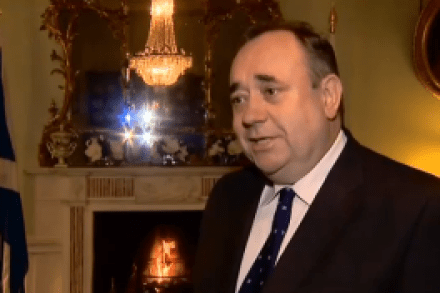I need you to tell me exactly where to go
Do you fancy playing God? Well now’s your chance. This week I’m offering one of you a unique proposition: you get to decide what happens to the rest of my life. Not just my life but, more importantly, the lives of Girl, Boy and the Fawn. (But not the Rat: he’s OK, he has grown up and moved out.) You get to decide where we live, and, by logical extension, who our new friends are, what we do in our spare time and, ultimately, whether or not we die hideously in a pool of abject misery or go on to experience a modicum of happiness in this vale of tears.













